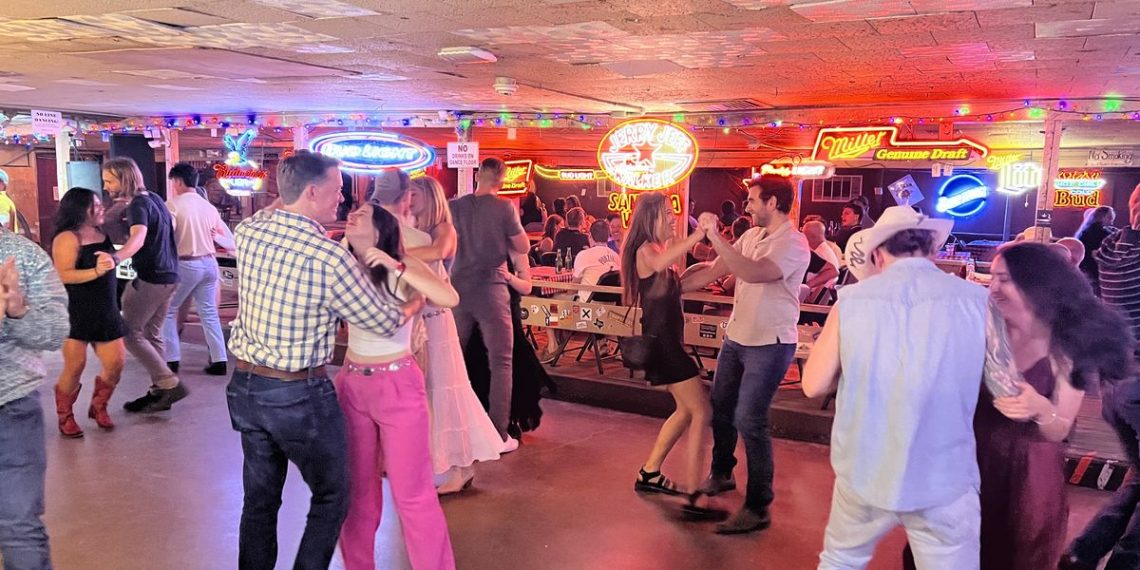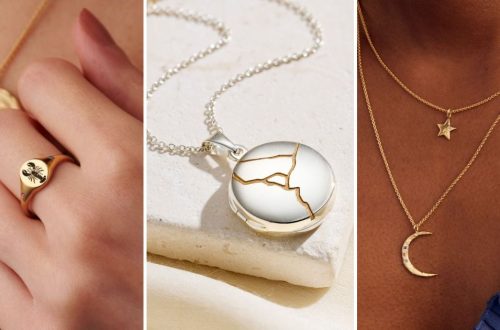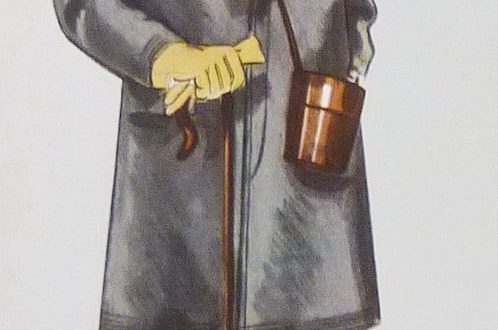“I’m so sad—my drug dealer is moving,” my friend complained to me one evening. I live in San Francisco with a lot of friends in tech, who have a ton of disposable income and stress to blow off, so there’s always someone on retainer for events like Burning Man and Coachella. “Aw, why?” I sympathized. “Well, he’s been laundering his profits through crypto all these years, and turns out he’s a millionaire.” I didn’t need to ask where he was moving after I heard this. My friend confirmed that, yes, his crypto millionaire drug dealer was leaving San Francisco for Austin, Texas.
There’s a definite San Francisco-to-Austin pipeline that has emerged over the last decade. San Francisco is the top city that new Austin transplants come from. Tech employees are all for big government until they get promoted or IPO; after that, the siren song of Texas’ lack of state income tax suddenly becomes very enticing. Austin has also become a new top destination for influencers, with internet personalities from Joe Rogan to Mari Llewellyn relocating there from Los Angeles. There are lots of reasons for these groups specifically to make the move—lower taxes, political virtue-signaling, a secret desire for a more suburban experience—but they aren’t who I’m interested in. Over the years, I’ve known multiple people who have had the specific experience of living in lots of different places throughout the U.S., and out of everywhere they’ve been, they chose Austin. The investigative journalist in me had to answer the question: What’s so great about Austin?
In case it wasn’t clear, I’d never been to Austin before my recent trip. I had been on assignment in San Antonio prior and was thus able to Uber from there to the nation’s capital. Over the two-hour drive, I watched the scrubbiness of the I-35 turn into lush greenery dotted with quaint, brightly painted clapboard houses with the odd new-build sprinkled in. The boxy, modern duplexes increased in frequency until I got to the specific new-build that was my destination, the home of my good friend from grad school.
Neither my friend nor her husband is from Texas (she’s from Louisiana, he’s from Ohio). She had gone on a lengthy “Eat, Pray, COVID” road trip during the pandemic and adventured all over the U.S. exploring various cities. Before the pandemic, she had lived in New York City, Boston, and Dallas. When I asked her why she landed on Austin, she said that it felt different than anywhere else she’d lived. “Austin has a much slower pace than NYC or Boston or even Dallas,” she observed. “Even though people are hardworking, there isn’t much pretentiousness or snobbery; it’s really hard to tell the difference between millionaires and normal folks at first blush.” As someone who was recently the only one not wearing jeans at a $500/per person restaurant in San Francisco, I know the vibe very well and agreed with her on the meritocratic appeal.
As we drove to dinner on my first night, I took in the passing scenery of cute East Side wine bars, the burgeoning downtown, and the condominiums sprouting up along the highway like towering taupe and terracotta weeds. We arrived at El Alma, a Tex-Mex spot with chic yet simple decor and a casual vibe (so possibly full of millionaires). I saw an older man with a shirt that read, “The RAPTURE is IMMINENT – the REAL SEPARATION of CHURCH and STATE!” I excitedly snapped a pic and pointed him out to my friends, who looked a bit disappointed in Austin’s distinct lack of chill in that moment. However, we were soon distracted by the arrival of our food, which was delicious and everything I had hoped Austinian Tex-Mex would be.
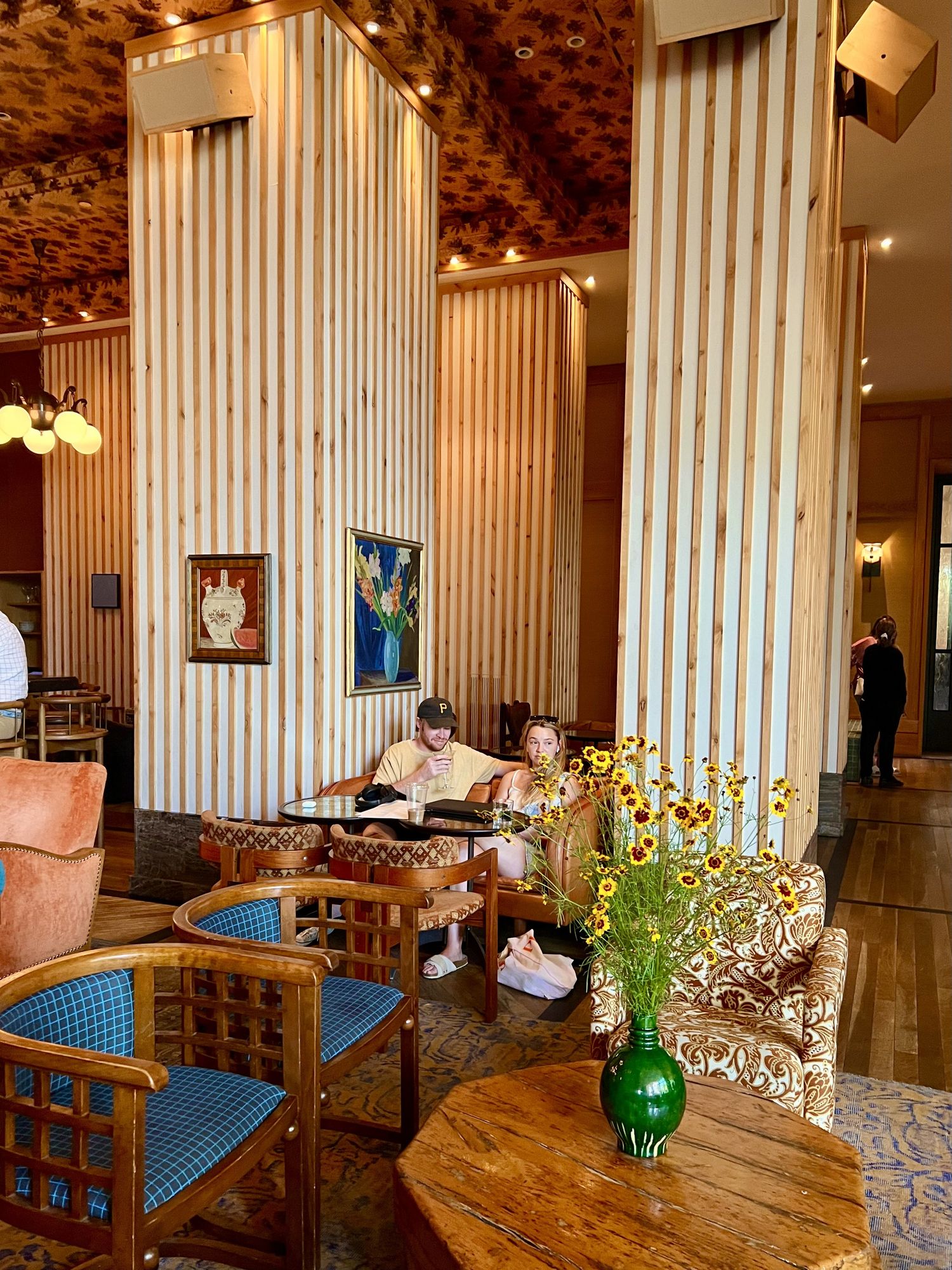
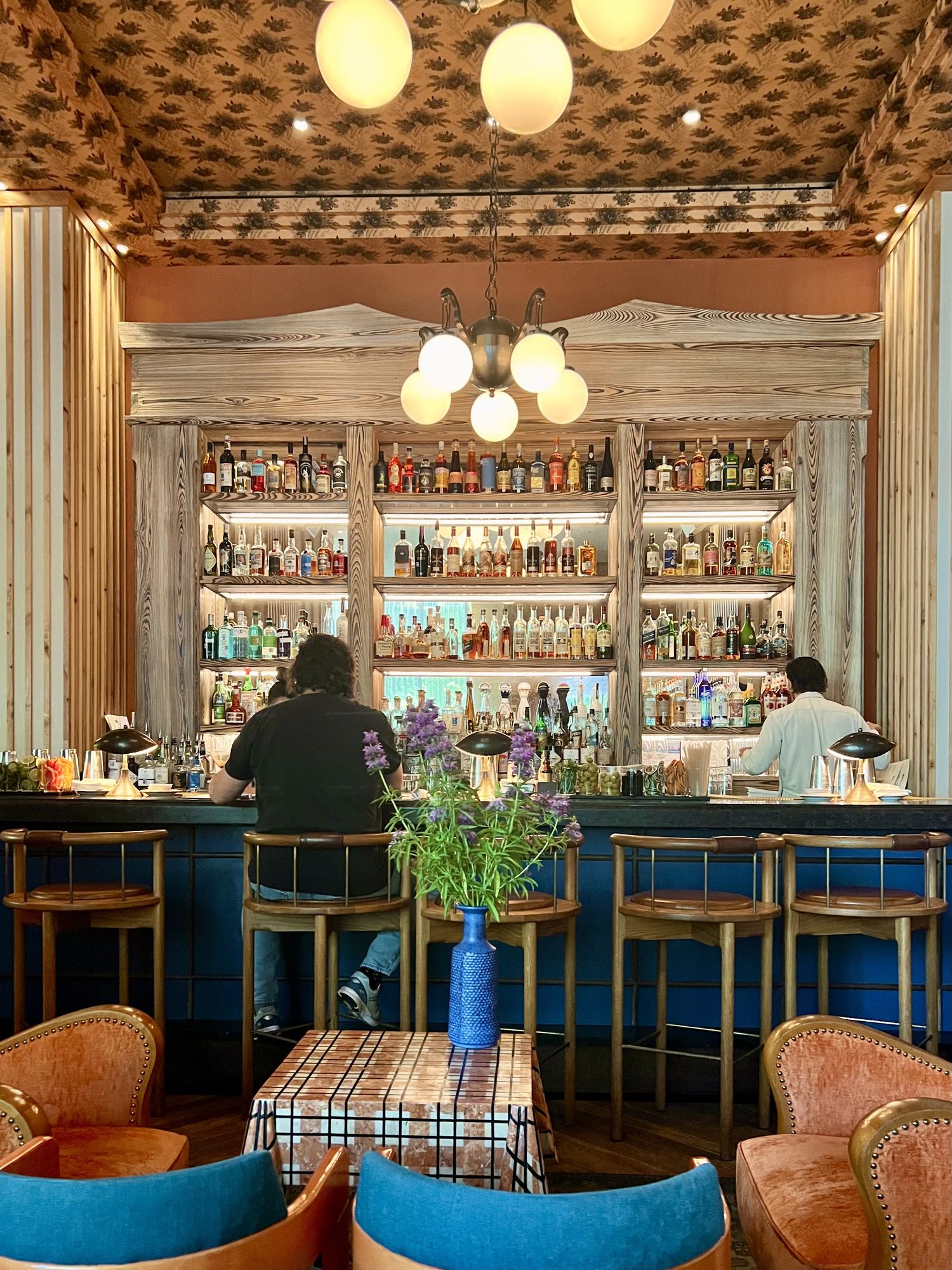
We lounged around the house that night, and I had to admit it was nice to be in a home so new and spacious. (For context, a 4-year-old relative recently looked around the living room of my 100-year-old SF apartment and asked, “Why is this room so small?) I had even succeeded in convincing my hosts to take me to Crumbl Cookies, which I’d built up in my head as some sort of suburban ambrosia (everyone was right; it’s just fine). However, as our conversations progressed, I began gathering that for all the rumors of a Southern liberal utopia, Austin seemed like just as much of a mixed bag as anywhere else. Yes, you can afford to hire Super Scoopers to come clean up your pet’s shit from your yard once a week, but it’s also too hot to walk the dogs outside for a good part of the year. The Tex-Mex is great, but the Chinese food is lacking. It’s a technically liberal town, just full of “centrist” Joe Rogan bros and Elon Musk stans. In the words of Robert Frost, nothing gold can stay, and a funky little blue city that’s also legislatively ripe for attracting fiscally-conservative tech bros is no exception.
The next morning we went to Mattie’s, a serene local spot in a gorgeous old farmhouse surrounded by oak trees and, inexplicably, a flock of wild peacocks. We met another school friend living in Austin and caught up over pillowy cinnamon rolls and tender biscuits smothered in chorizo gravy. Also in attendance was the first of many bachelorette parties I would see on this trip, a sullenly hungover squad stiffly dressed in matching variations of the same denim outfit like bridesmaids at a Canadian Tuxedo-themed wedding. Upon leaving brunch, I was surprised to find the midday May heat truly unbearable. It felt like big, hot hands pressing on every part of my body, including over my mouth and nose. Feeling thoroughly harassed by the elements, I jumped at the suggestion that we cool off with some post-brunch snow cones, since everyone knows that sugar doesn’t count once the temperature rises past 90 degrees. The line was around the block.
That night we met up with another friend to go dancing. I had recently written a piece on line dancing and fondly remembered my “Cotton-Eyed Joe” phase in 8th grade, so I was eager to try it. When we got to the famous Broken Spoke Dancehall, the person checking my ID noted that I was from California and made jokes about going back to where I came from. I’d heard a few of those on the trip so far and laughed along at first, but he soon launched into an oddly aggressive rant about his hatred for Californians and their mass conspiracy to “change things.” Once safely on the dancefloor, I saw a sign proclaiming, “NO LINE DANCING! ALL VIOLATORS WILL BE SENT BACK TO CALIFORNIA.” It was then that I realized that 1) I was at a two-stepping establishment and 2) there was a difference between two-stepping and line dancing.
Two-stepping, I learned, is a shuffling Western partner dance that is somehow both slow-paced and incredibly difficult. We attended the group lesson led by Terri White, a former subject of one of Queer Eye’s Austin episodes (she did look great). “My name’s Terri,” she announced, “And I like to slap big beautiful butts, so watch out!” It should be noted that White and the Broken Spoke have been dogged by accusations of sexism, homophobia, body shaming, and mocking new learners during these group lessons. I am sorry to report that this was accurate to my experience with the lesson. Despite this, the multiple out-of-town bachelorette parties and I bravely buckled down and did our best to learn the steps. After being released into the general dancing population, I was asked to dance by a visibly talented two-stepper. Feeling brave, I said yes. He was very patient with my complete inability to master the moves, including when he had to nicely ask me to “stop waltzing.”

Another thing I learned that night was that Ubers are perilous places in Austin. After overhearing me point out a church sign to my friends that I thought was amusingly aggressive (“READY OR NOT, JESUS IS COMING”), our driver on the way to Broken Spoke asked us if we were aware that the Holy Trinity was paganism, then gave a speech about Jesus that was as confusing as it was long. Our driver back from Broken Spoke heard I was from California and promptly held forth about how Californians were ruining the Austin housing market (probably true) and raising everyone’s taxes. He said that taxes are fine, he just wants to see the government do something with them, an interesting take from someone in such an anti-Big Government state. I asked where he was from. “Los Angeles,” he said, “But I’ve been here for 7 years.”
Despite feeling a bit unfairly put upon for being a Californian just trying to visit some friends, I did have a great time in Austin. I had outstanding food, from Mexican to Mediterranean to Asian-Texan BBQ fusion. Everything was easy to drive to, and there was always parking. My friends took me on a tour of the downtown filled with cute 19th-century buildings, impressive skyscrapers, and an equal number of skyscrapers-in-progress. We checked out the beautiful Austin Proper Hotel and got drinks on the roof of the LINE overlooking Lady Bird Lake. We went to the haunted, historic Driskill and admired the Rodin-esque Wille Nelson statute nearby. I had the best iced black sesame latte at Codependent Cocktails and Coffee, a beautiful space with floor-to-ceiling windows and greenery galore. My friend and her husband had had their first date there, and later rented out the space for their wedding ceremony.
Drinking my fancy iced latte amidst the mid-century-inspired decor, it was hard not to be enchanted by this vision of a millennial dream come true. Meeting and marrying someone at a flawlessly-designed cafe with artisan brews of every persuasion, surrounded by glinting skyscrapers, old-timey bars, and new vibey spots in equal measure—isn’t that what all of us millennials want? To be in the hip city where Things Are Happening, where there’s local culture, good food, and beautiful spaces—and where you could possibly even afford to put down roots, buy a home, and have a family?
Unfortunately, that dream is looking increasingly out of reach for many. Austin property prices are quickly catching up with more traditionally unaffordable cities. For the first time in 20 years, more people are leaving the Austin area than are moving in. My school friend loves it there but is thinking seriously about leaving. She’s found that the same reasons that Austin attracts so many young people can be liabilities in the long run. “It’s a pretty transient city,” she mused, “And while it’s incredibly easy to make friends to drink or spend a day on the lake with, it’s harder to build a real community.” The rising temperatures are another factor. “It is so damn hot and getting hotter, even for someone raised in the South, and I can’t trust the electricity grid.”
She spoke about how they want their future kids to be able to play outside; while Austin may seem like a child-friendly town with its many green open spaces, the sad truth is that it’s regularly much too hot for children to be safely outdoors. Her comments made me think about how Austin actively courts Bitcoin companies but has also had to pay those same companies to stop mining to keep the power grid from crashing during hot spells. (Allegedly, the companies were given more in credits than they would have made mining, meaning private entities essentially ransomed the use of the power grid back to citizens).


The next night, over guac and powerful blended margaritas, I asked a native Austinian friend for her thoughts on her hometown. “The special part of Austin is that it has Southern charm, but with an open-minded twist,” she said. “Folks are genuinely nice to strangers.” She cited wildflower season and the beautiful walking trails as other attributes she loves. When asked how Austin had changed, she did not hold back. “I don’t love the increased cost of living or traffic. It especially sucks when you hear that someone who is actually from Austin got priced out of their own city.” She notes that the changes aren’t all bad, adding that, “I do like that fun ‘big city’ businesses have made their way into the city. The Austin I grew up in didn’t have a SoulCycle or Alfred Coffee.”
I get that. Life is hard enough; millennials can’t buy homes or afford children. Can we really be begrudged for our little treats like fun workouts and fancy beverages? Walking along South Congress, Austin’s lively shopping and dining corridor, I saw the same stores I’ve seen in similar newly-gentrified corridors of San Francisco, Los Angeles, Denver, New Orleans, and more: Reformation, Sezanne, Parachute, Gorjana, each storefront a flag in the soil marking the successful millennial cultural colonization of another city.
When Mari Llewellyn made the move from LA to Austin, a contingent of social media users slammed her, saying that she just moved “from an expensive trendy place to the next expensive trendy place.” It’s an interesting take given that for a long time, Austin was seen as the alternative place, the underground town, the actually affordable, fun, funky dot of blue in a sea of red. Clearly, Austin’s reputation is changing. Just like in San Francisco, the locals who created the culture are getting priced out, threatening the very qualities that made the city appealing in the first place. Take the bridge in Austin that famously had a massive piece of graffiti reading “NINJA STYLE KUNG FU GRIP” across it. It was beloved by locals, and the Facebook offices in downtown Austin even named a conference room after it. The graffiti is now long gone; the conference room remains.
I don’t know what the answer is to this problem. It’s hard to blame people for wanting to live somewhere with good food, art, and culture, and it’s not like people with money can be prevented from descending on such places in droves. At the end of the day, isn’t that what we want the money for—a good quality of life? Unfortunately, Austin is probably the latest unique mid-sized city getting ridden hard and put away wet by the millennial American dream. It’s unclear what could be done about that without radical political and economic change at high levels. In the meantime, visit Austin. Support the local shops and restaurants. Keep your California ID out of sight. Explore with locals. Enjoy yourself and your friends. There are tacos, parks, pretty coffee shops, and margaritas aplenty tailor-made for that purpose. Just remember to hide your beautiful butt from Terri White.
